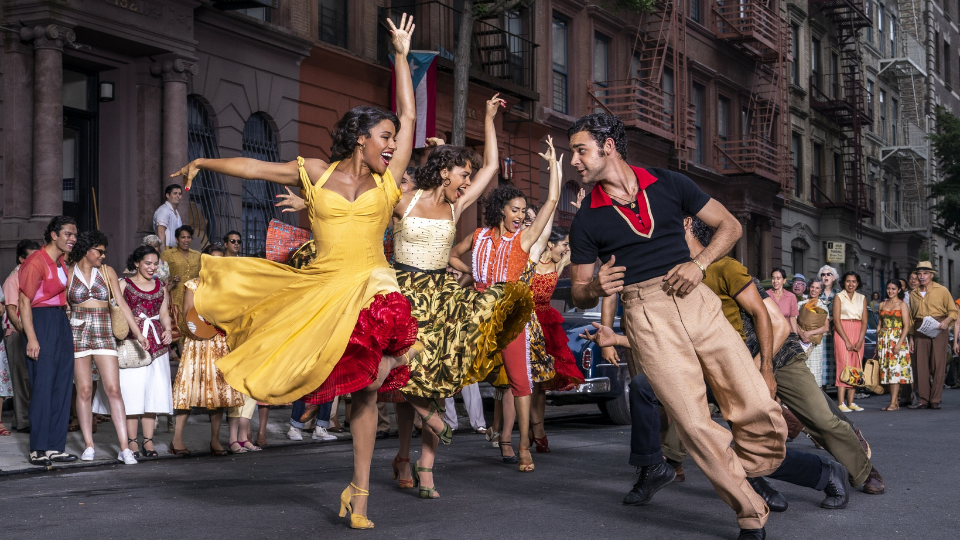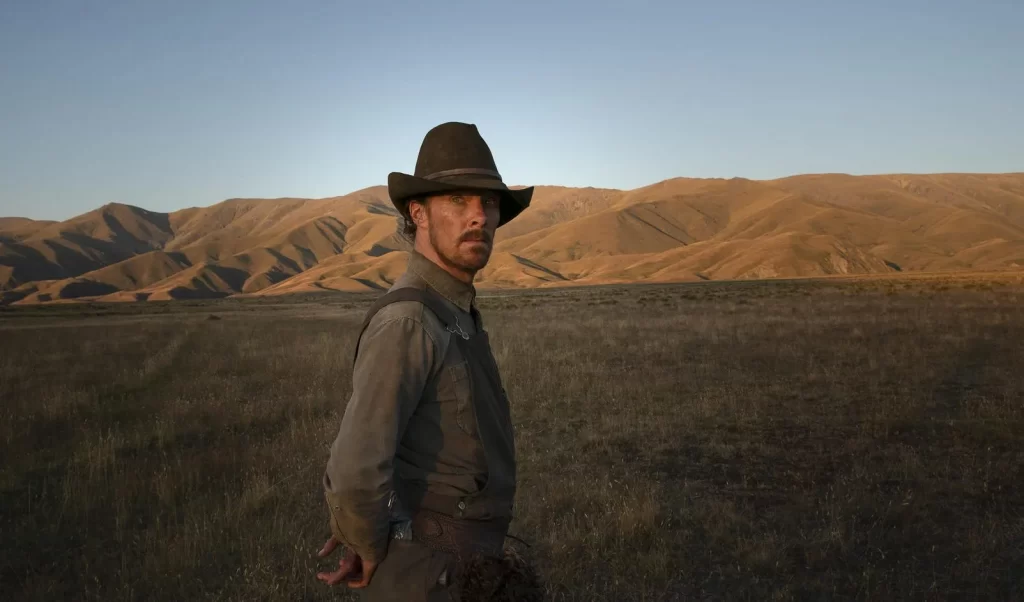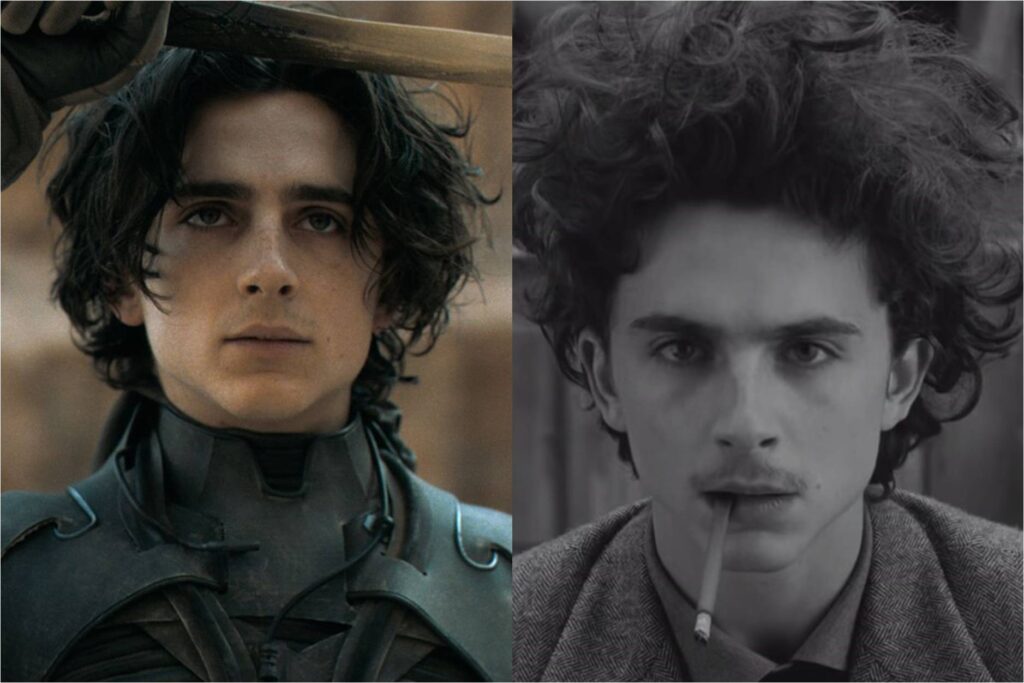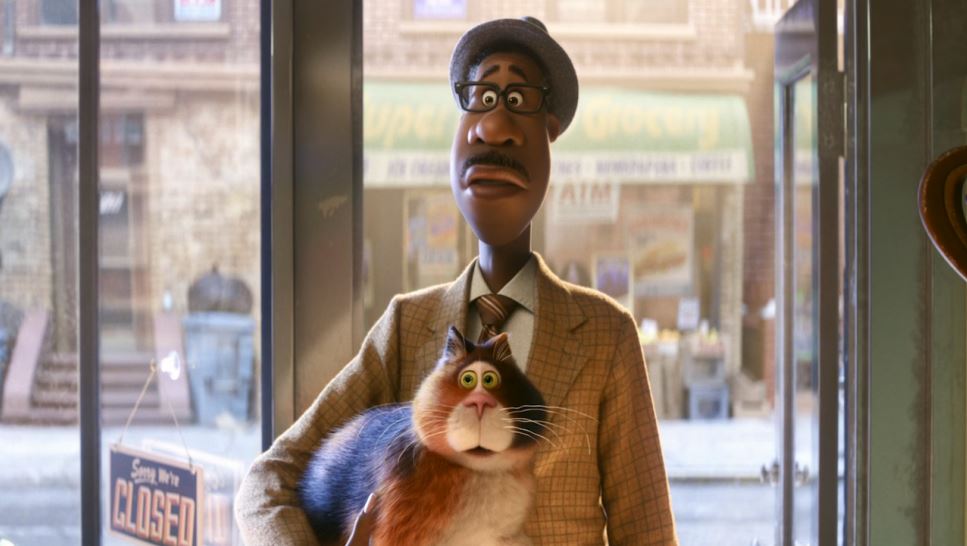Licorice Pizza: Age Is Just a Wonder
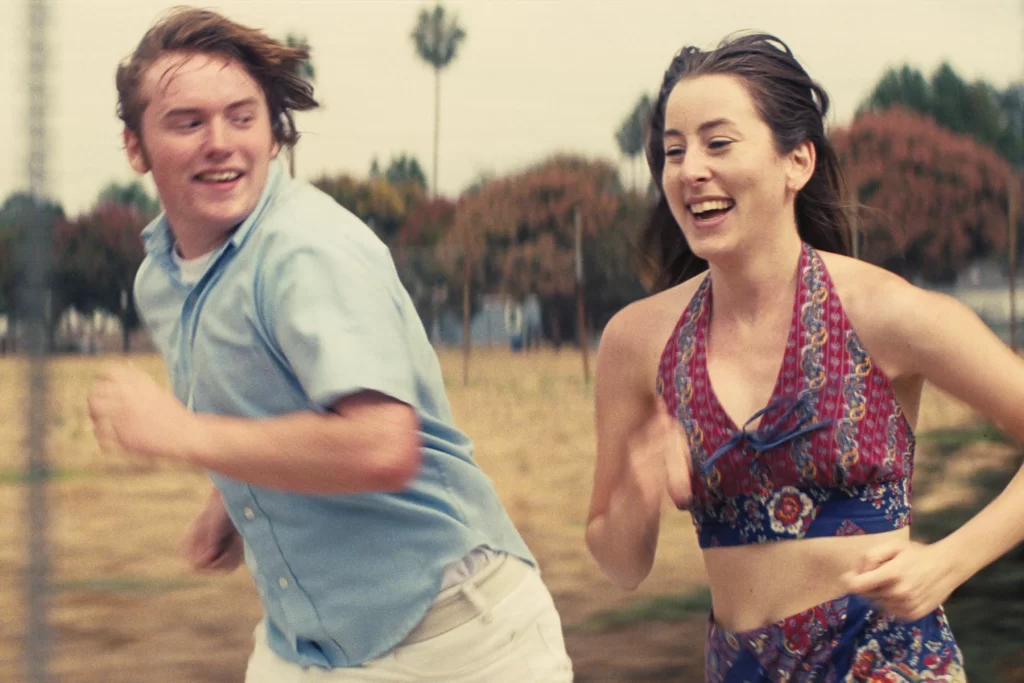
The heroes of Paul Thomas Anderson’s Licorice Pizza are always running, though they never seem to get anywhere. Their sprinting is heedless—the kind of panicked, exuberant racing that epitomizes the heightened quality of youth, when every crisis is life or death and every experience provokes either jubilation or disconsolation. They run and they run—across vacant golf courses and through crowded malls and down sunbaked streets—but they always end up back where they started, confused and angry and lost. They’re essentially attached to opposite ends of the same spoke, moving together in a constant circle, yet never coming any closer to their quixotic destination: each other.
This would seem to describe a doomed romance, a tragic love story that follows the trajectory of a Wong Kar-wai picture. Such a suspicion is only reinforced by the arc of Anderson’s filmography. He may be a more variable and omnivorous director than, say, his namesake Wes, but his movies tend to thrive on tension and conflict; the ruthless oil baron of There Will Be Blood, the fanatical cult leader of The Master, and the imperious fashion designer of Phantom Thread are all defined by their indomitable will, and his films derive their energy from the way their protagonists attempt to impose that will on a society that shackles and stifles them. So perhaps the happiest surprise of Licorice Pizza is how loose it is. Rather than straining to flatten us with grandiosity, Anderson has applied his considerable craft to a story that is warm, earnest, and relaxed. This is far from the weightiest effort of his career, but it may well be the sweetest. (The only real competition in that regard comes from the euphoric Punch-Drunk Love.) Read More

